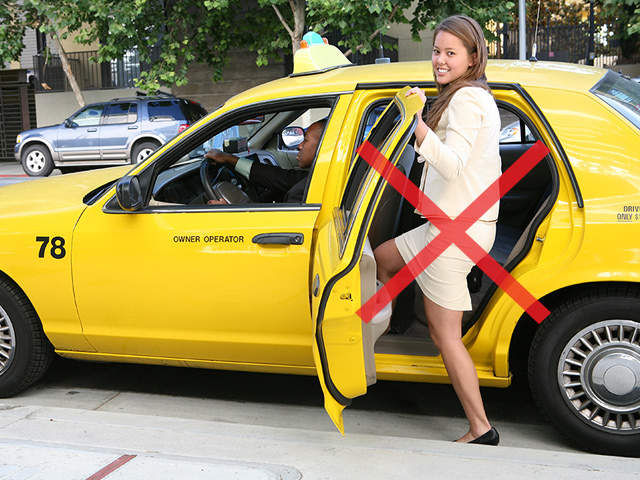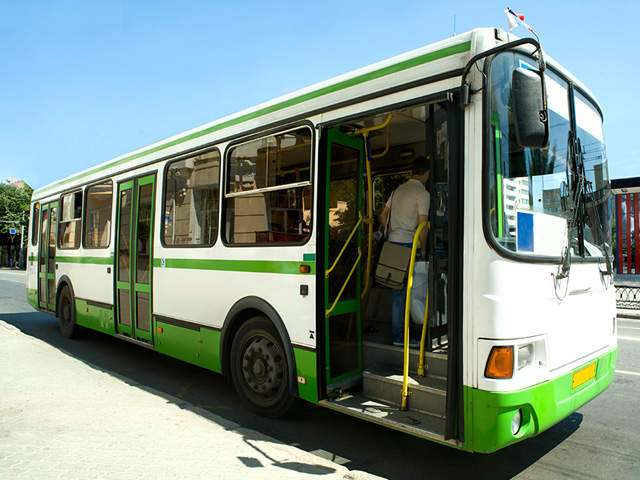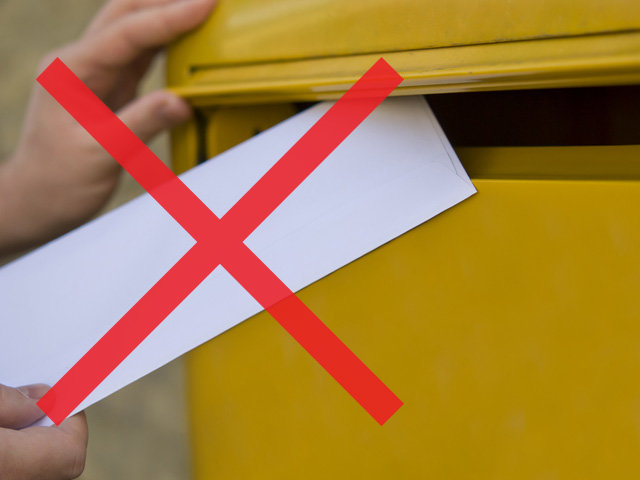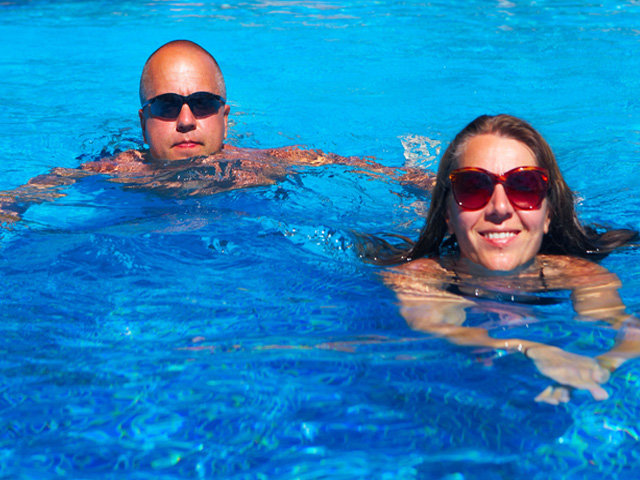Don't you...? Aren't you...? (B1)
Negative questions (343)
Záporné otázky
Záporné otázky (negative questions) – procvičování:
Další lekce na otázky:
- Otázky (A0)
- Modální slovesa – otázky (A1)
- Otázky (A2)
- Otázky na podmět (A2)
Haven't you left for the airport yet? = Copak jsi ještě neodjela na letiště?
| Vyjadřujeme překvapení: |
|
Haven't you left yet?
|
|
Have you not left yet?
|


V záporných otázkách můžeme použít dva slovosledy:
|
Didn't you like it?
|
|
Did you not like it?
|
Záporné otázky používáme v těchto situacích:
- Vyjadřujeme překvapení:
Didn't you like the movie? I'm surprised, everybody liked it.
- Očekáváme souhlas:
Wasn't it a great movie?
- Kritizujeme:
Can't they stop arguing for a minute?
- Pobízíme/navrhujeme:
Why don't you have more coffee?Why don't we go for a walk?
Don't you…? Do you not…?
V záporných otázkách použijeme v běžné neformální angličtině stažený tvar:
|
Don't you love her anymore?
|
|
Hasn't he decided yet?
|
|
Aren't they hungry?
|
|
What didn't you understand?
|
Ve formálnější angličtině použijeme nestažený tvar:
|
Do you not love her anymore?
|
|
Has he not decided yet?
|
|
Are they not hungry?
|
|
What did you not understand?
|
Nikoliv: Do not you...?, Has not he...?








Aren't you lucky? You have a great husband and three amazing children.
| Hovorovější: |
Aren't you lucky?
|
| Formálnější: |
Are you not lucky?
|


Have you not worked for Apple as well?
| Have you not...? |
| Haven't you...? |
| Have not you...? |


V záporných otázkách můžeme použít záporné NOBODY, NEVER, NOTHING...:
|
Has nobody locked the door?
|
|
Do you never drink wine?
|
Has Daniel never visited his mom in New York?
|
Has he never visited her?
|
|
Hasn't he visited her?
|


Porovnejte odpovědi na zápornou otázku:
|
Don't you like it? – Yes, I do.
|
Nechutná ti to? – Ale ano, chutná. |
|
Don't you like it? – No, I don't.
|
Nechutná ti to? – Ne, nechutná. |
Neříkáme obvykle: Yes, I don't.; No, I do.
Won't you talk to Eric? – Yes. I will, of course.
|
Won't you talk to him?
|
|
– Yes, I will.
|
|
– No, I won't.
|


Didn't we use to take the same bus to Dublin? – No, we didn't. I've never been to Dublin.
|
Didn't we take the same bus?
|
|
– No, we didn't.
|
|
– Yes, we did.
|


Záporná otázka = překvapení
Pomocí záporných otázek vyjadřujeme (obvykle negativní) překvapení nebo šok:
|
Aren't you ready yet? (= I'm surprised you aren't ready yet.)
|
Jak je možné, že ještě nejsi připravený? |
|
Shouldn't Stevie be at school? (= I'm shocked Stevie isn't at school.)
|
Copak by Stevie neměl být ve škole? |








Aren't Danny and Lee tired? They've been playing since lunchtime.
|
Aren't they tired?
|
|
I'm surprised they aren't tired.
|


Záporná otázka = kritizujeme
|
Can't you stop interrupting me?
|
Copak mě nemůžeš přestat vyrušovat? |
|
Doesn't Amanda know how to make pasta?
|
Jak je jen možné, že Amanda neumí udělat těstoviny? |








Can't they be on time for once?
| Kritizujeme: |
|
Can't they be on time?
|
|
It's annoying they can't be on time.
|


Záporná otázka = očekáváme souhlas
|
Weren't they lying to me the whole time? (= They were lying, weren't they?)
|
Lhali mi celou tu dobu, že ano? |
|
Isn't Rick handsome? (= He's handsome, isn't he?)
|
No není Rick pohledný? |








Isn't it a lovely beach? – Yes, it is.
| Očekáváme souhlas: |
|
Isn't it a lovely beach?
|
|
It's a lovely beach, isn't it?
|


Why don't...? = pobízíme/navrhujeme
|
Why don't you have some more ice cream? (= Have some more ice cream!)
|
Dejte si ještě zmrzlinu! |
|
Why don't you get some rest? (= Get some rest.)
|
Odpočiň si. |
|
Why don't we invite Tonny as well? (= Let's invite Tonny as well!)
|
Co takhle pozvat také Tonnyho? |
|
Why don't we call her? (= We should call her.)
|
Co takhle ji zavolat? |








If you don't know the answer, why don't you ask the teacher?
|
Why don't you ask him?
|
|
You should ask him.
|


Why don't we go on a date next Friday? – Yes, I would love to.
|
Why don't we go on a date?
|
|
Let's go on a date.
|
|
I suggest we go on a date.
|


Pozor, když o něco prosíme/žádáme, použijeme kladné otázky:
|
Would you mind helping me?
|
Nepomohl bys mi? |
|
Could I have a menu, please?
|
Mohl bych dostat jídelní lístek, prosím? |
|
Can I talk to you for a moment?
|
Nemůžu si s vámi na chvíli promluvit? |
Nikoliv: Wouldn't you…?, Couldn't I…?, Can't I…?
Porovnejte:
| Prosíme | Pobízíme/Navrhujeme |
|---|---|
|
Could you please call her?
|
Why don't you call her? (= You should call her.)
|
|
Would you please lend me your bike?
|
Why don't we rent bikes? (= Let's rent bikes!)
|
My suitcase is really heavy. Would you mind carrying it up the stairs?
| Prosíme: |
|
Wouldn't Would you mind carrying it?
|


Záporné otázky – nejdůležitější body a tip na závěr:
- Záporné otázky → překvapení, očekáváme souhlas, kritizujeme, pobízíme/navrhujeme
- Hovorovější → Don't you...?
- Formálnější → Do you not...?
- Doporučujeme si procvičit záporné otázky (negative questions) v našem cvičení.
